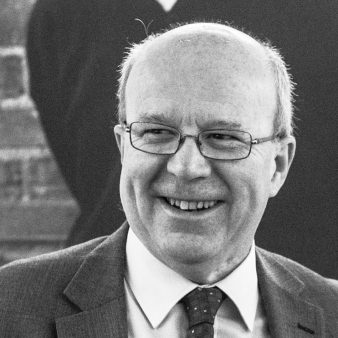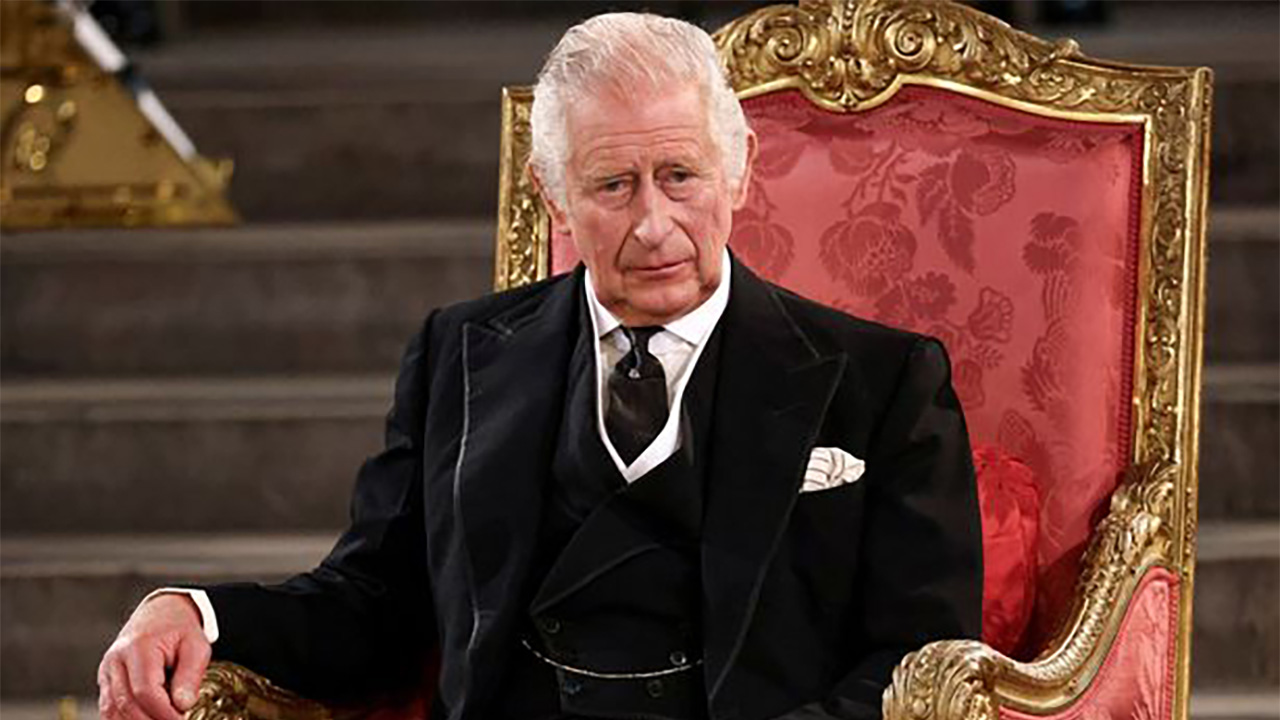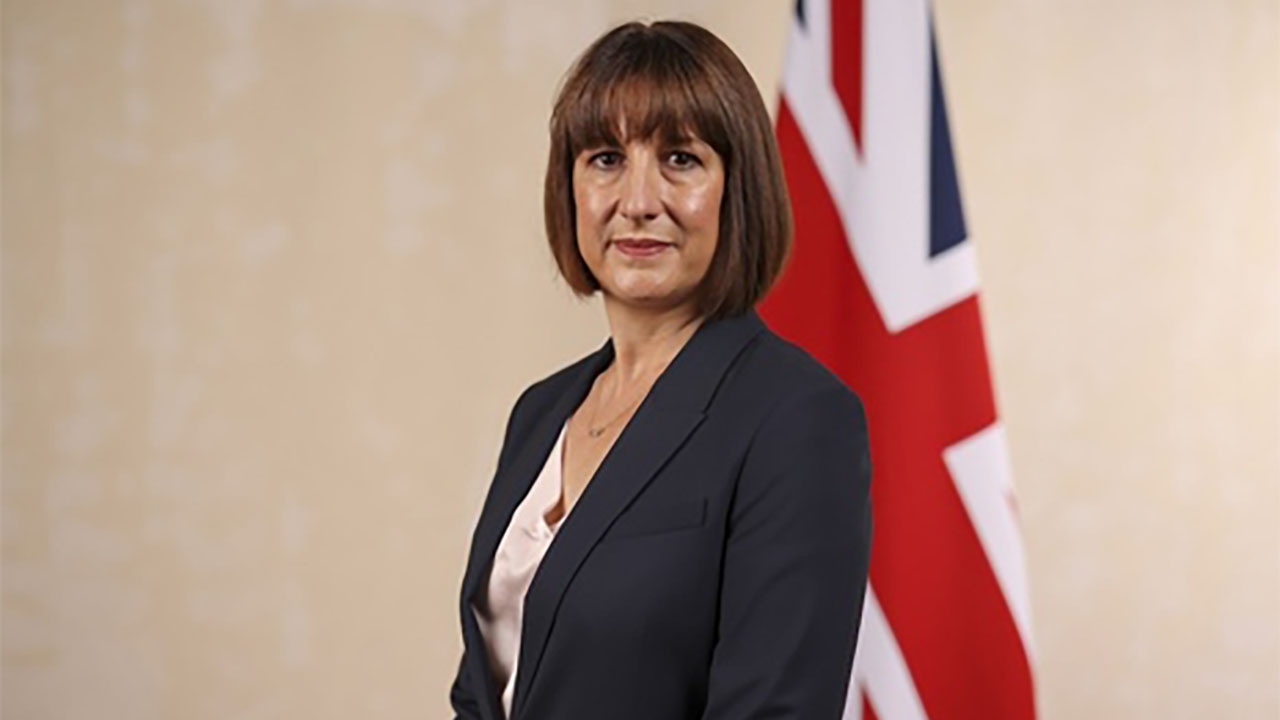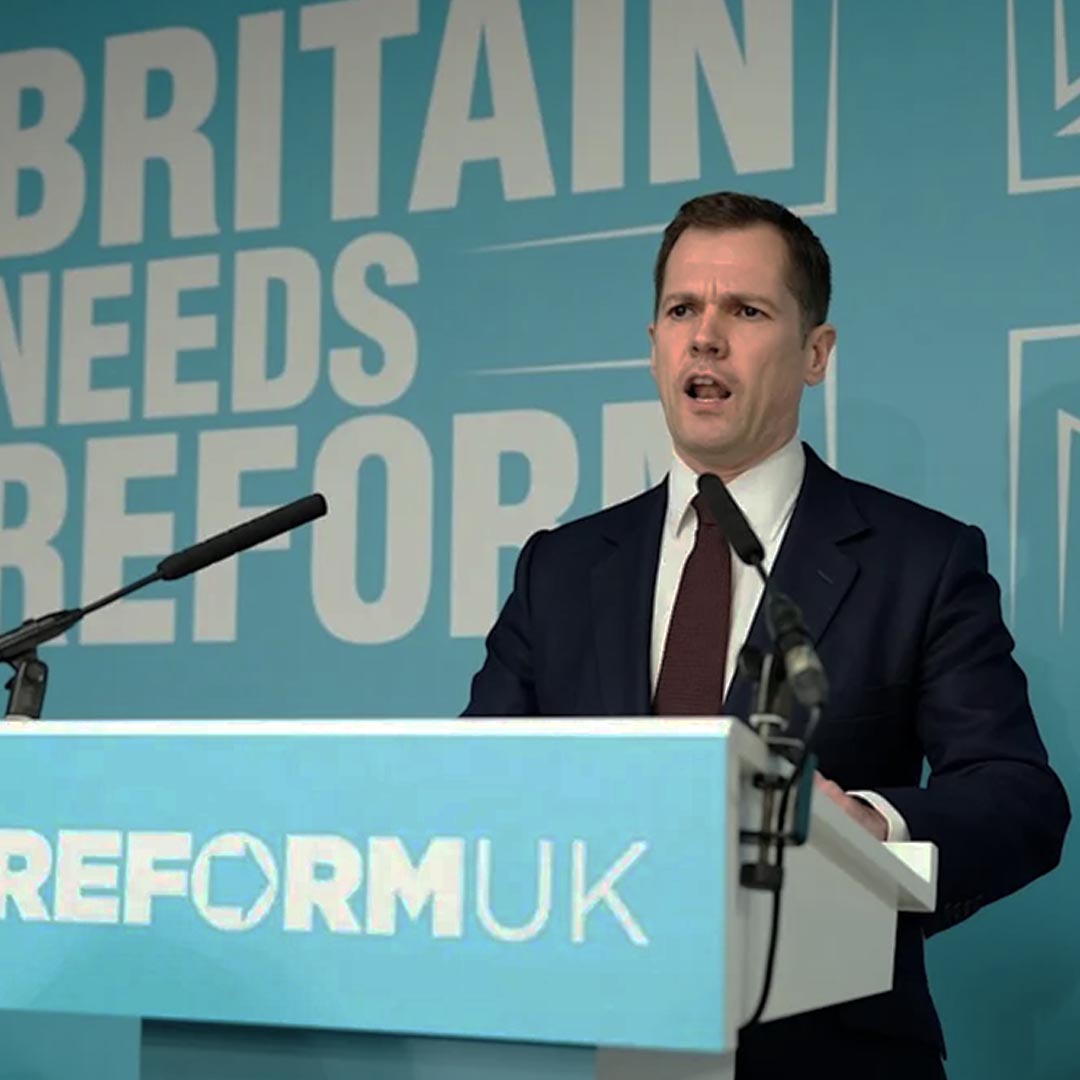Do you know who Frank-Walter Steinmier is? Or Sergio Mattorella or even Michael.D.Higgins? They are respectively the Presidents of Germany, Italy and Ireland. Do people line the streets for them, buy celebration plates of them or want to know every detail of their lives?
There can be no logical justification for us to have a head of state who is a descendent of the Elector of Hanover. He got the British throne despite being 58th in the succession queue. The 57 ahead of him were catholic.
Whilst the hereditary principle is indefensible, it has thrown up some good monarchs since the accession of George the First in 1714. There was Victoria, jolly Edward VII, George VI who saw us through the Second World War and Elizabeth the Second. There have been some bad ones too, the decadent George IV and the selfish Edward VIII. Somehow the variability of these reigns is part of the fascination.
We could combine the role of political and formal head of state as the Americans and French do, but most republicans seem to favour an elected president. So let’s look at what that would actually mean. It might give us Sir David Attenborough, Sir Trevor MacDonald, Helen Mirren, Joanna Lumley or Stephen Fry. I am not being facetious. If they were prepared to stand, they could well be elected on a wave of social media sentiment.
What is more likely is that the old political party machine would fill the vacuum of apathy and we’d get John Major, William Hague or Baroness Ashton, the Labour peer and former European Commissioner. Their qualifications would have to be that they were no longer politically toxic and roused as little visceral feeling as possible. In other words they would be vanilla figures that would attract little opposition and, as a consequence, little interest.
So let’s continue with the hereditary monarchy, reduced in size and cost and turn our attention to the coronation of Charles III. He is one month younger than me, so we have passed through six of the seven ages of man together. Unlike me he is only now starting his main job.
Although he and Queen Camilla have done much to redeem themselves in the eye of public opinion, the shadow of two women are cast over the new reign. Princess Diana and the late Queen. Following in Elizabeth II’s footsteps will always prove difficult. She united monarchists and even ‘shy’ republicans who personally admired the Queen’s devotion to duty whilst opposing the institution.
There will be a huge audience for the Coronation. Enthusiasm will vary across the generations with evidence that younger people are not inspired by the elderly king.
Charles has shown he is sensitive to the need for change, although references to being Defender of the Faith of the Protestant Reformed religion will jar in our multi-faith nations. He will hope that he can, appropriately, focus on causes like the environment and that the damaging sideshows caused by Prince Harry and Prince Andrew will fade away.
As he grows older, the Duke and Duchess of Cambridge will increasingly come to the fore to continue a tradition that goes back to Christmas Day 1066 when William I was crowned in Westminster Abbey.














